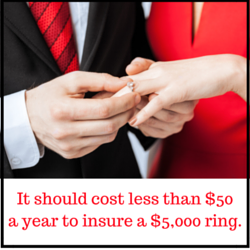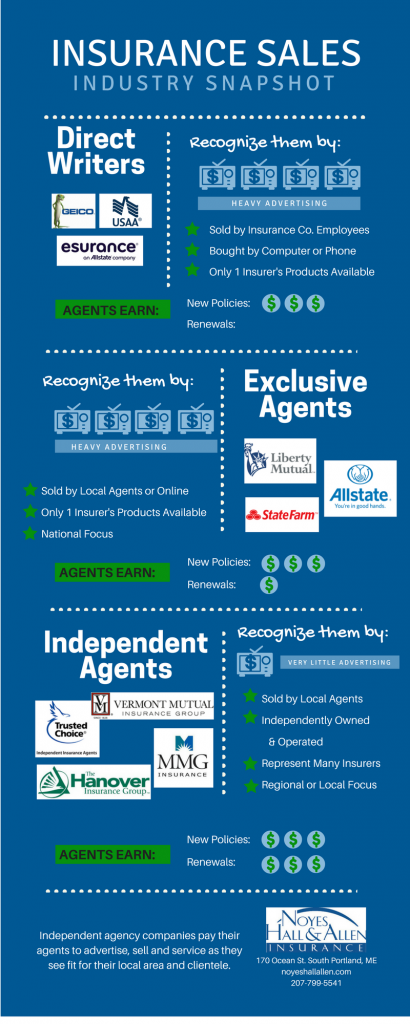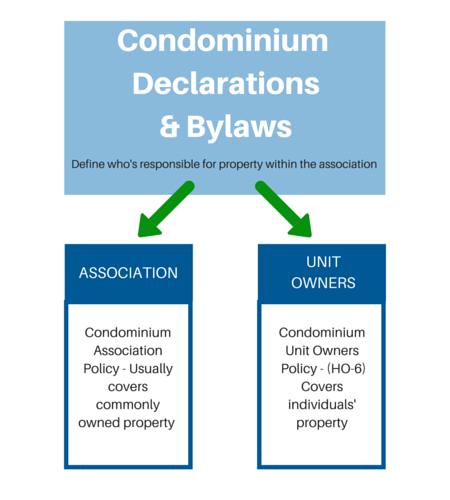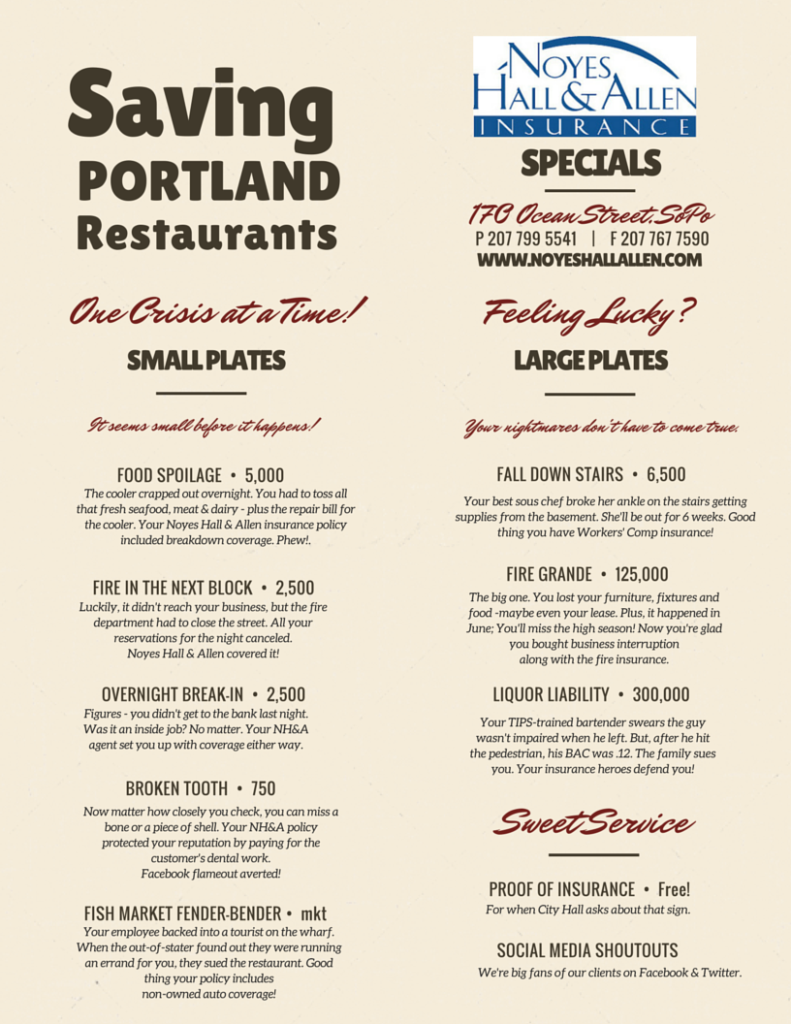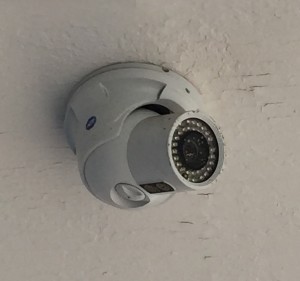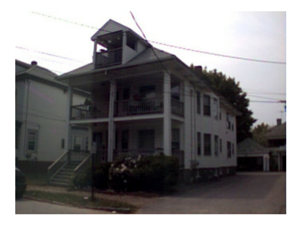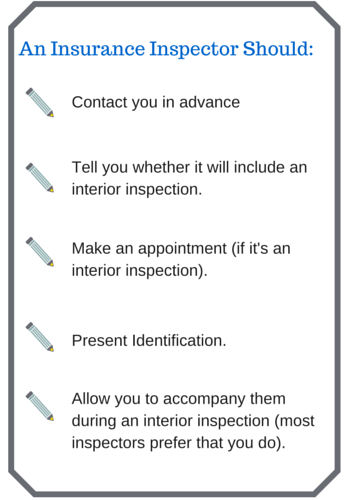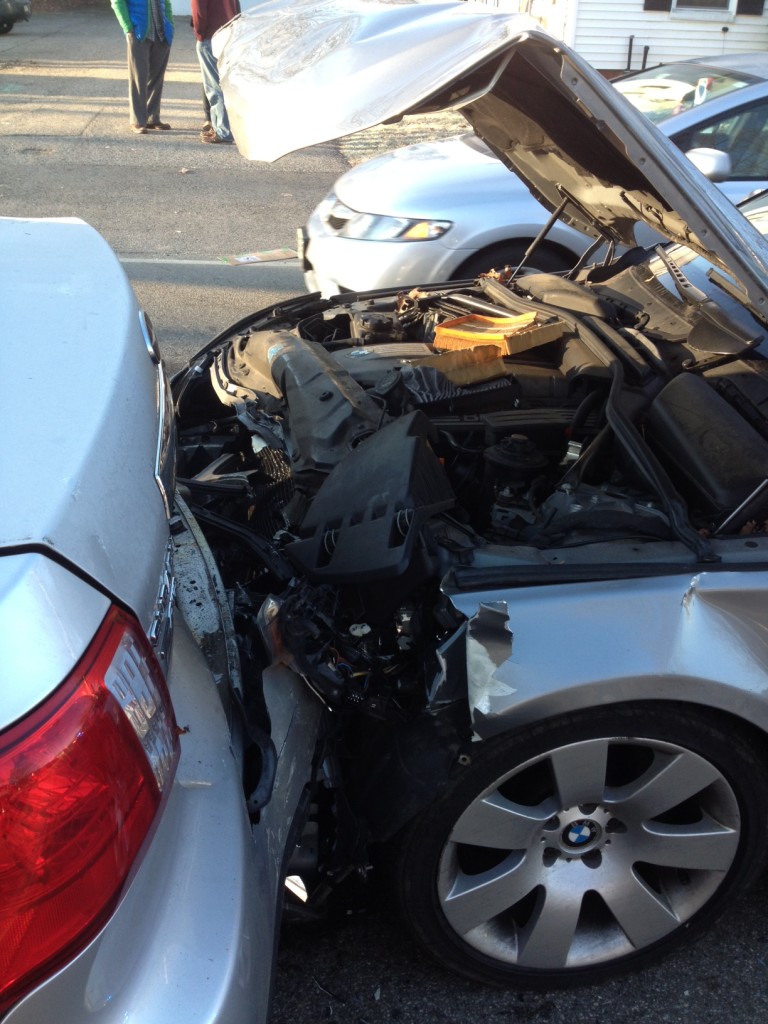Maine Renters Insurance 101
Whether you’re renting an apartment, house or a condo, in Scarborough, South Portland or Portland, Maine renters insurance is usually required by landlords. Many leases require a minimum of $100,000 personal liability (renters) insurance. Buying renters insurance is a great idea. Buying $100,000 of liability insurance is a TERRIBLE idea. Read on to find out why.
What’s the Cost of $100,000 Renters Insurance in Maine?
This is the most common question our South Portland independent insurance agency gets from first time renters. They usually focus on the liability insurance requirement, which is only a small part of the cost (and benefit) of renters insurance. The short answer is that a first-time renter with minimal property to insure usually pays less than $150 a YEAR for insurance. If you’re insuring an engagement ring or other jewelry, expensive electronics or sports equipment, you might push $200.
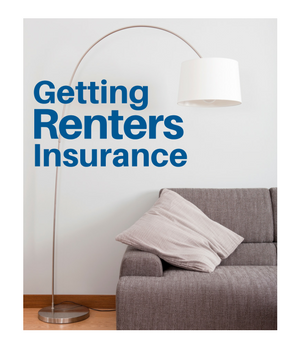 How to Get Renters Insurance in Portland, Maine
How to Get Renters Insurance in Portland, Maine
- Figure out how much your stuff is worth. Renters insurance prices are based upon how much you insure your belongings for. The minimum is often $20,000. This should be the cost to replace all your old stuff with new. That costs more than you think. A new phone, computer, TV, furniture, bike, everything in your drawers and closets – it adds up FAST!
- Don’t buy the minimium $100,000 liability insurance. That may be what your lease requires, but liability insurance may be the only thing between you and a huge lawsuit. What if you burn the place down? Or, if a guest slips on an ice cube? Or your cute puppy bites a kid while you’re at the dog park? Liability insurance is cheap. You can buy $500,000 for about $10 more than the minimum $100,000. Do it.
- Find a good, Portland Maine area insurance agent. Preferably an insurance agent with great reviews from real clients.
- Call them or request a renters insurance quote online. The agent will ask you a few questions, and you’ll probably have your quote before you know it. It’s that easy!
Related: Moving to Portland Maine – An Insider’s Guide
Should I Combine Renters and Auto Insurance Together?
Many insurers offer a discount if you insure both renters and cars with them. Ask your agent about the discounts. Getting a Maine online car insurance quote is almost as easy as getting a renters insurance quote. You’ll need to provide information about yourself, your vehicles and your driving record. Even if you don’t end up bundling car insurance with your renters insurance, you’ll know whether or not your current insurance program is any good.
Can I Include My Roommate on My Renters Insurance?
If you and your roommate are unrelated, you each have to buy your own renters insurance. If you’re married, you and your spouse can buy one together. If you’re engaged, ask your agent. Insurance companies’ rules can vary.
For answers to questions about Maine renters insurance, moving to Portland Maine, insuring and registering a car in Maine, insuring an engagement ring, or other common questions, contact a friendly Noyes Hall & Allen Insurance agent at 207.799.5541. We’re independent and committed to you.


